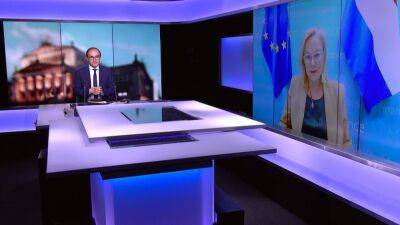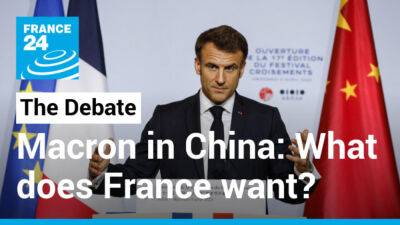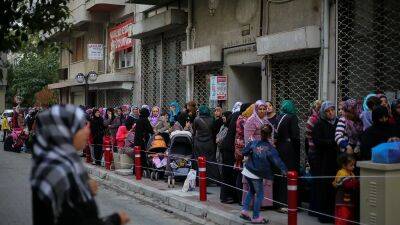The world’s richest country made public transport free: Here’s what happened next
Luxembourg became the first country in the world to scrap fares on all public transport in 2020. Three years later, residents are filled with praise for the scheme.
The system allows them to "travel easily", as well as being "very positive for the environment", some say. For others, the popular system has come to be seen as a "fundamental right".
Here’s how the free transport scheme works and has been received.
The scheme was partially introduced to curb the country’s car problem.
In 2020, Luxembourg had the highest car density in the EU: 696 per 1,000 people versus the average 560. The country suffers bad traffic and high levels of climate-heating emissions as a result.
Residents say that free transport encourages them to leave their cars at home.
"Since it's free, it's easier to make a decision quickly, to choose between public transport or private car," says accountant Edgar Bisenius. "This means that it is very positive for the environment and practical."
However, some say cars still rule the roads.
"The culture of the car is still very present and it is still quite complicated to attract people from the car to public transport," says Merlin Gillard, a researcher specialising in public transport.
As the scheme was introduced during the COVID pandemic, measuring its impact has been tricky.
Data from elsewhere suggests the sustainability impact of free transport may be minimal. Since introducing free public transport in 2013, Estonia’s capital Tallinn has seen a rise in car use.
The social impact of cost-saving is thought to be more significant.
Showing appreciation for this element, Luxembourg teacher Ben Dratwicki says, "This is a good initiative, it favours the public sector, it strengthens the public sector."
In his eyes, the








